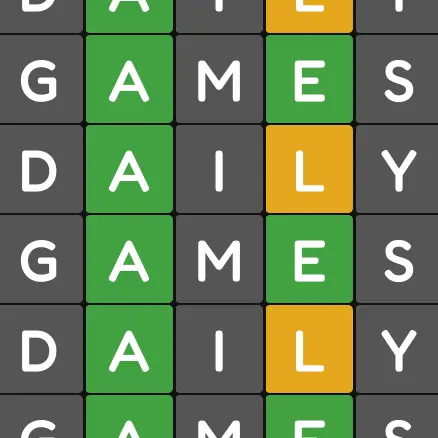
There’s no such thing as a Nobel Prize winning economist. Economists got upset that there wasn’t a Nobel Prize for them, so came up with The Sveriges Riksbank Prize in Economic Sciences in Memory of Alfred Nobel, and then pretend it’s the same thing.













Conspiracy theory: they realised this news was about to break, and removed the comment section because they expected a shitshow where every one of their customers saw comments pointing out their crimes.
As a dub watcher, the comment section was important. The dub comments were the only place to see what an unsubtitled background sign said or which scene had been cut from the manga that explained why something weird happened without there being comments from sub watchers full of spoilers for a couple of episodes later, which they don’t consider spoilers as the subtitled version of that episode was a week old.